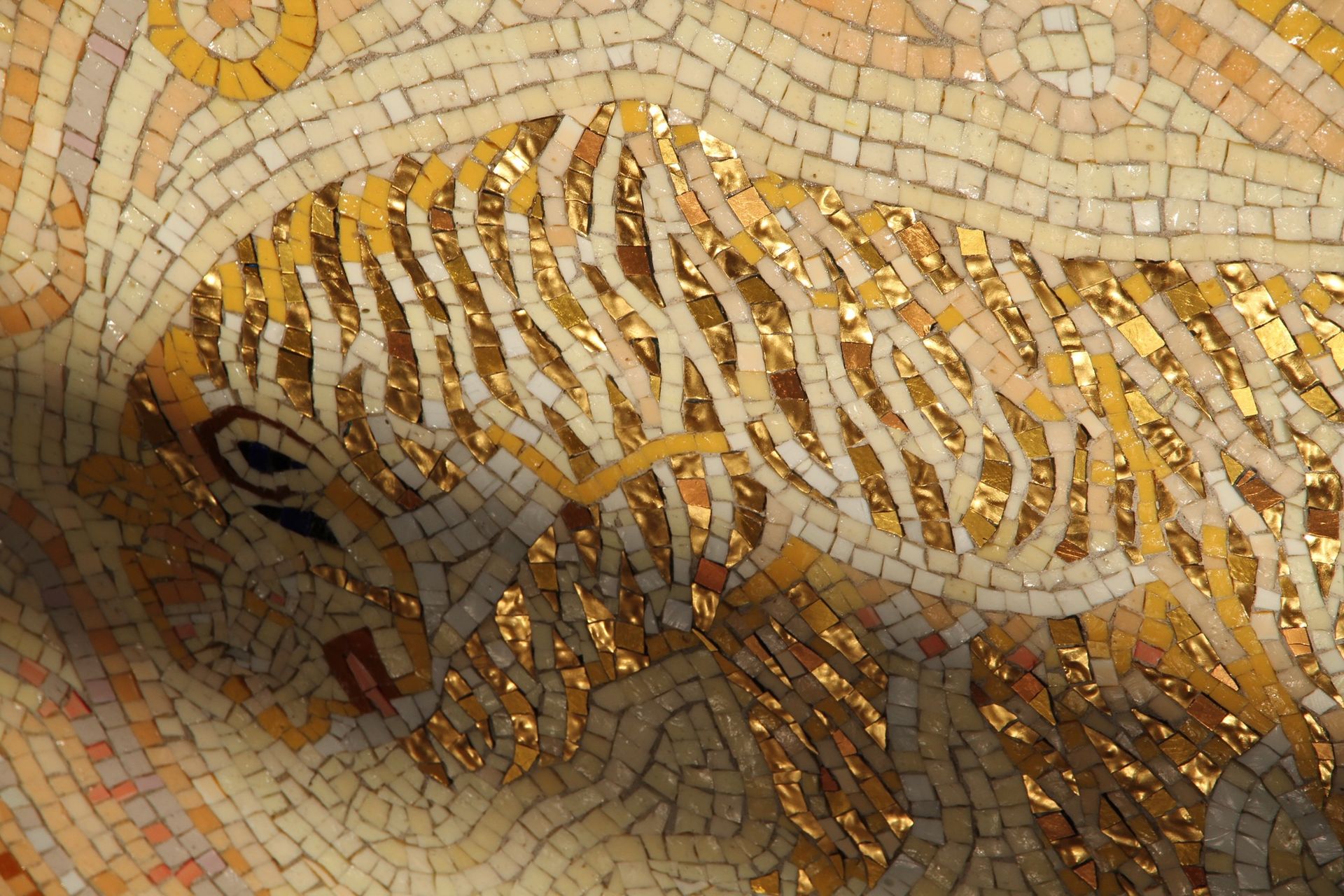The third edition of Qalandiya International (QI), a biennial-style initiative, is due to launch next month across towns and villages in Palestine (5-31 October). The project, based on the themes of return and refuge, includes a new version of the Tent Embassy work by the Aboriginal artist Richard Bell, which will go on show at the Shuafat refugee camp in East Jerusalem.
The QI organisers will focus on the Nakba, when the Israeli state was established in 1948, and more than 750,000 Palestinians went into exile. In a statement, the curatorial team says it aims “to dust off the layers of repetitive manifestations of the Nakba and imagined return” under the title This Sea is Mine.
“The idea of return, the most intuitive right of Palestinians, and part of the holy trinity of Palestinian dreams and national demands—alongside self-determination and the establishment of a Palestinian state with Jerusalem as its capital—has been reduced to a rigid slogan,” the organisers say.
Sixteen art and culture organisations are involved, including the non-profit Al Ma’mal Foundation for Contemporary Art in Jerusalem, which is hosting Jerusalem Show VIII: Before and After Origins (6-31 October) at its headquarters in the Old City.
The exhibition includes works by more than 30 local and international artists such as the Melbourne-based Tom Nicholson, who focuses on a sixth-century mosaic removed from the Naqab desert after the First World War.

QI will also feature work by the Palestinian artist Jawad Al Malhi who was born in the Shuafat refugee camp in East Jerusalem, home to more than 35,000 Palestinian refugees. Richard Bell’s Tent Embassy project will be shown at the camp’s youth activities centre. He set up the original embassy installation on the lawn of Parliament House in Canberra in 1972 in protest at the Australian government’s rejection of a proposal calling for Aboriginal land rights.
The Palestinian Museum, which opened earlier this year in Birzeit, north of Jerusalem, is also participating in QI. “The museum’s role is not limited to conducting exhibitions, activities, and events within this year's Qalandiya International; it also contributes to its financial support,” a museum spokeswoman says. Other sponsors include the Bank of Palestine.
There will also be parallel events in London, Beirut and Amman. An exhibition at the University of Westminster called Moments of Possibilities: Air, Land and Sea will redraw territorial boundaries in the region by “stripping away the dominating power of lines on the ground”, say the curators Nasser Golzari and Yara Sharif.

